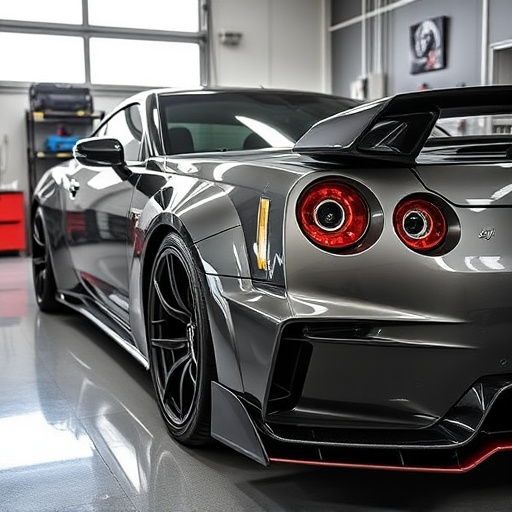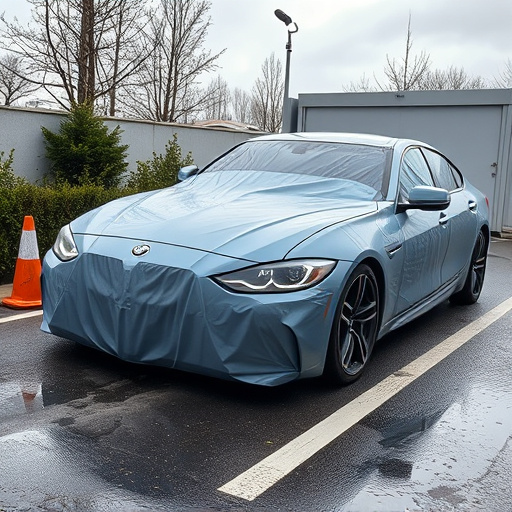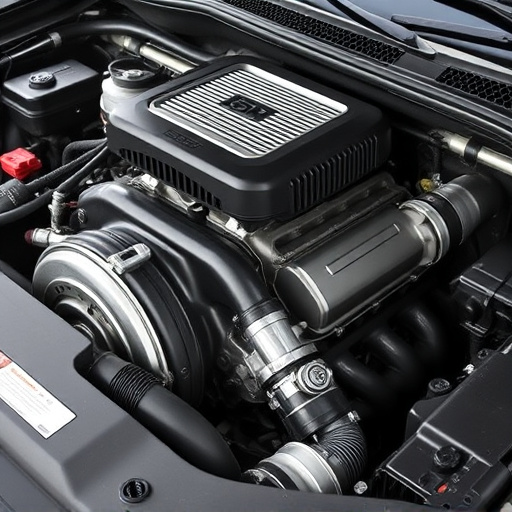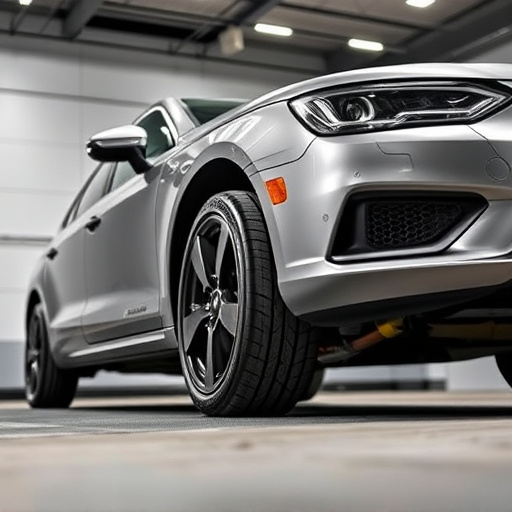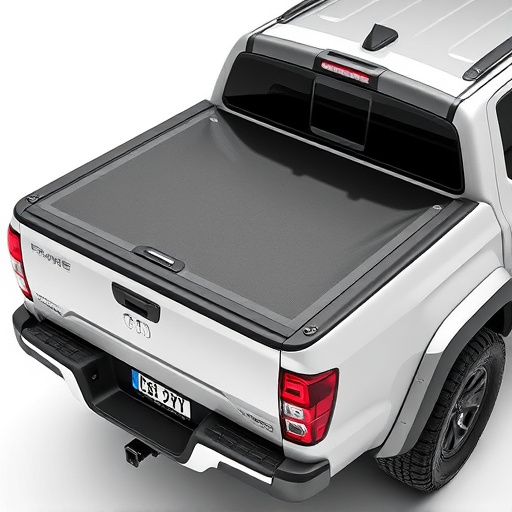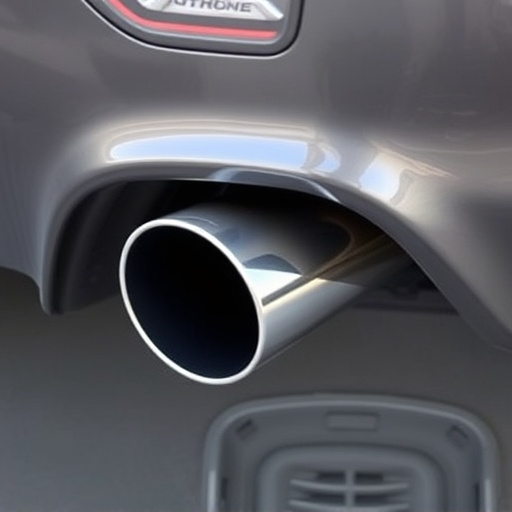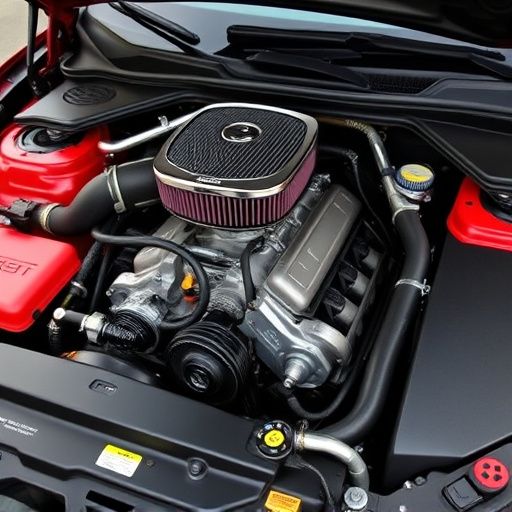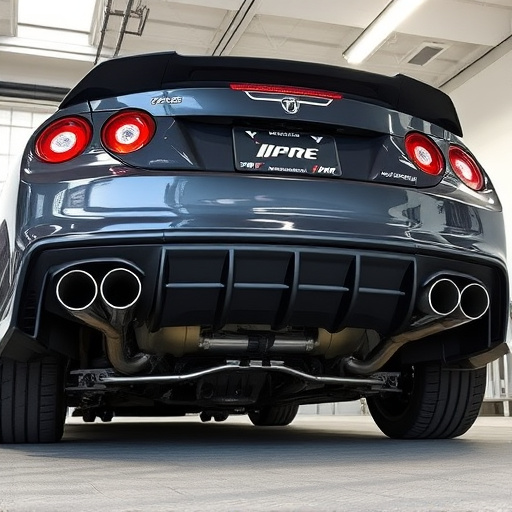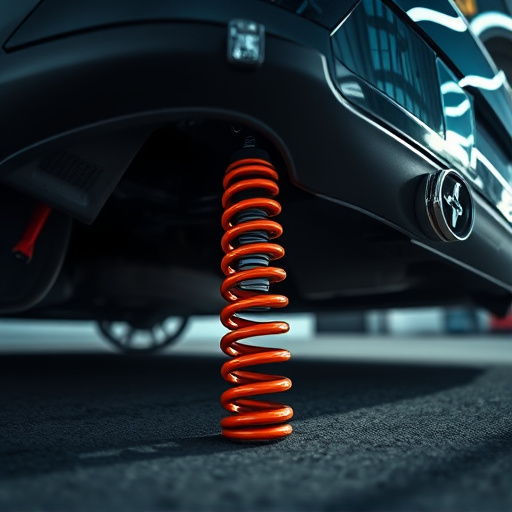Performance air filters enhance engine efficiency by delivering purified air, capturing fine particles, and ensuring cool, dense airflow for improved power and fuel economy. Cleaning frequency depends on driving patterns, environmental conditions, and vehicle specifications, with regular maintenance vital to prevent clogs, reduce strain on the engine, and maintain optimal exhaust system performance.
How often should you clean a performance air filter? This question is essential for vehicle owners aiming to maintain peak engine performance and fuel efficiency. This article delves into the intricate world of performance air filters, exploring their unique functionality, the factors dictating cleaning frequency, and best practices for optimal maintenance. By understanding these key aspects, you’ll ensure your vehicle’s engine breathes clean air, enhancing overall performance.
- Understanding Performance Air Filters and Their Functionality
- Factors Influencing Cleaning Frequency
- Best Practices for Maintaining Optimal Air Filter Performance
Understanding Performance Air Filters and Their Functionality
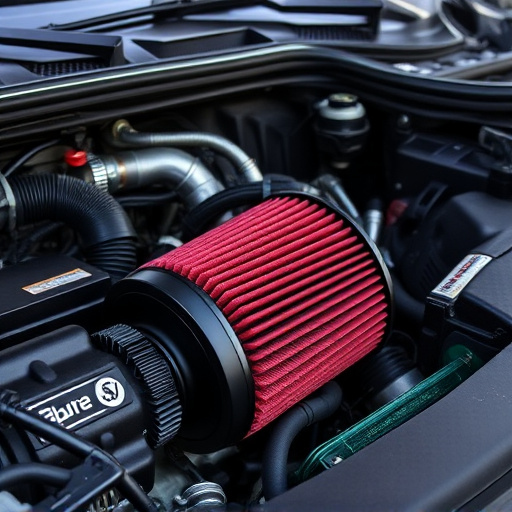
Performance air filters are designed to enhance engine efficiency by allowing only clean, filtered air into the intake system. Unlike standard filters that primarily trap dust and debris, high-performance parts are built with more sophisticated materials and designs to capture even smaller particles, like carbon and other contaminants found in exhaust systems. This ensures a steady supply of cool, dense air to the engine, improving power and fuel efficiency.
These advanced filters often incorporate synthetic media or unique structures that make them more efficient than stock ones. They can also be designed for specific applications, such as off-road vehicles or high-performance cars, where greater airflow demands are present. While they require regular cleaning or replacement to maintain optimal performance, proper maintenance ensures the filter continues to deliver clean air, contributing to overall engine health and the longevity of exhaust mufflers.
Factors Influencing Cleaning Frequency
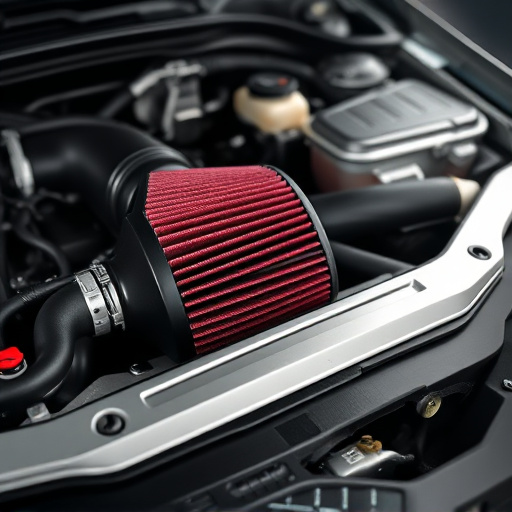
The frequency with which you should clean a performance air filter depends on several factors. One of the primary considerations is the environment in which your vehicle operates. If you drive in areas with high dust, dirt, or pollen levels, regular cleaning might be necessary to maintain optimal filtration efficiency. Additionally, vehicles equipped with high-performance parts, such as advanced suspension components and performance brakes, generate more wear particles, necessitating more frequent filter cleaning to prevent clogging.
Another crucial factor is the driving pattern and frequency. Frequent short trips can lead to faster buildup of contaminants due to less time for the filter to thoroughly clean the air. Conversely, longer drives at consistent speeds allow better air circulation through the filter, slowing down the accumulation process. Thus, drivers who predominantly take long-distance trips might not need to clean their performance air filters as often as those who engage in frequent short trips or drive in harsh environmental conditions.
Best Practices for Maintaining Optimal Air Filter Performance
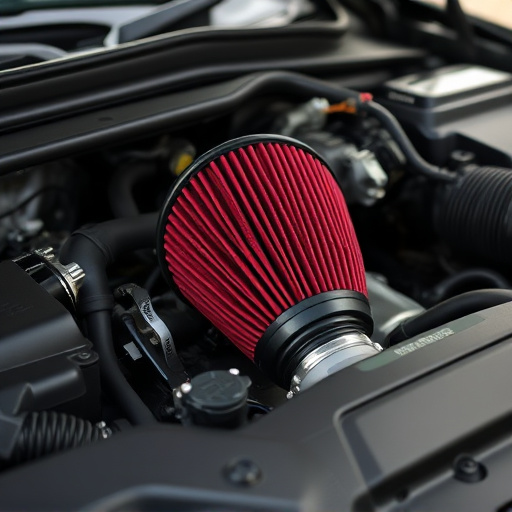
Maintaining a clean and efficient performance air filter is key to ensuring your vehicle’s engine runs at its best. Regular cleaning goes beyond simply preventing a clogged filter; it optimizes performance brakes by allowing for better airflow, which can lead to increased horsepower and fuel efficiency. A dirty air filter restricts air flow, causing the engine to work harder and use more fuel, just as a blocked exhaust system can hinder performance.
For optimal results, establish a consistent cleaning schedule based on your driving habits and environmental factors. Consider factoring in extreme temperatures, dusty conditions, or frequent off-road driving, which all contribute to faster filter degradation. Regularly inspecting your air filter for signs of damage or excessive buildup is also crucial. Many high-performance exhaust systems require more frequent maintenance, so stay attuned to any changes in engine performance that could signal a need for an early filter replacement or cleaning.
A clean performance air filter is key to maintaining optimal engine efficiency. Depending on factors like driving habits, environmental conditions, and vehicle usage, filters should be cleaned or replaced every 3,000 to 5,000 miles for maximum performance and longevity. Regular maintenance ensures your vehicle’s engine receives a constant supply of clean, efficient air, enhancing fuel economy and reducing wear and tear on critical components.
